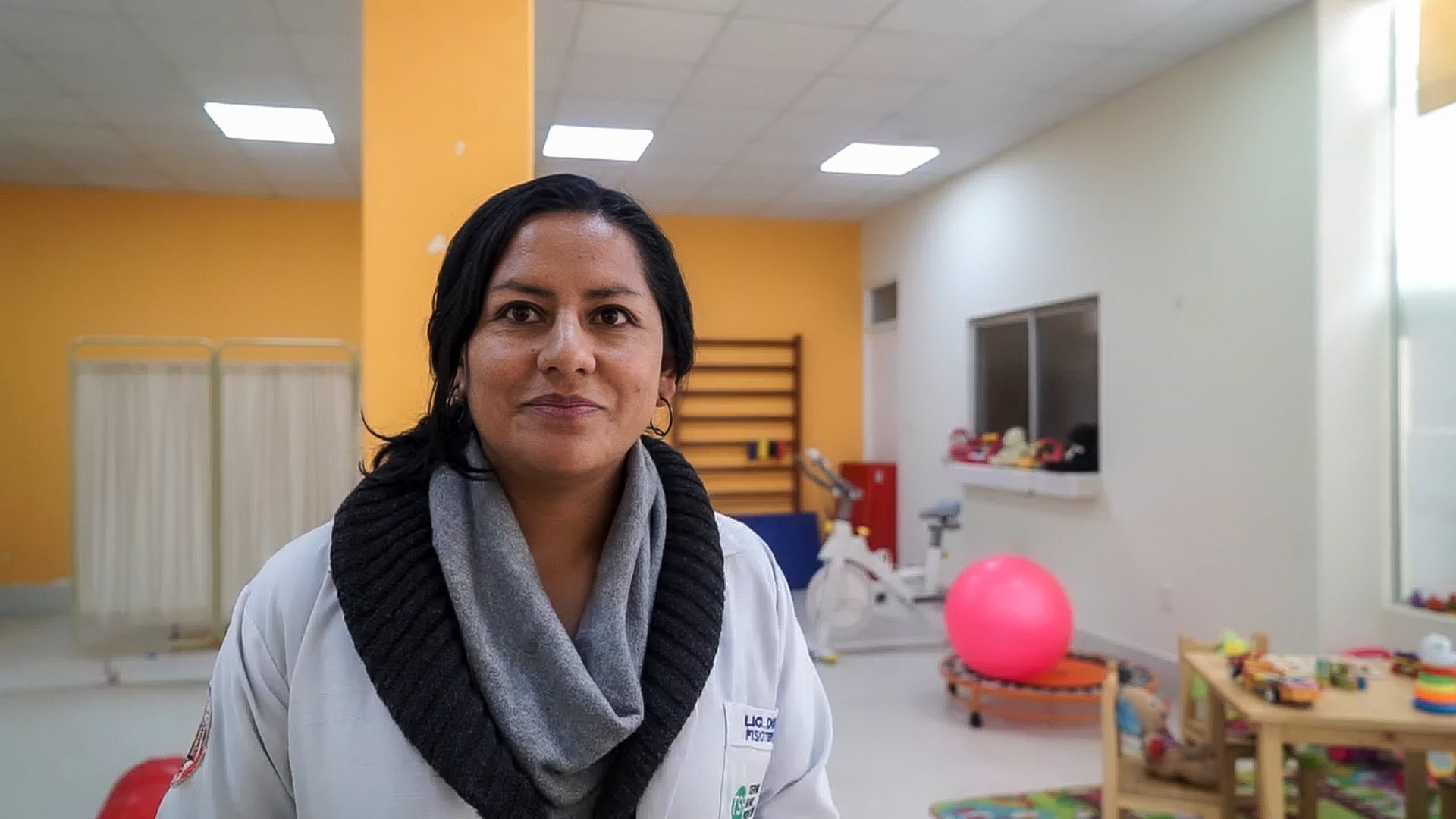


An experience full of humanity
Volunteer cooperation is fully integrated into the overall vision of TSF’s activities in Bolivia. Working with volunteers, a holistic program was developed to build bridges between different health sectors to establish a self-sustaining community network.
By drawing on the expertise of Canadian specialists, TSF strengthened its development approach.
The training delivered by volunteers is integrated into local practices, “becoming a lasting tool for the community and multiplying the impact of each mandate,” explains Camilo Gutierrez of TSF’s Bolivian office.
Over the past decade, TSF has carried out numerous projects and volunteer assignments. These Initiatives have reinforced TSF’s vision in the field, particularly in health.
In the Altiplano region, one challenge stands out: long distances to rural health centers and limited services available, undermine the population’s health.
To address this, TSF’s field office worked hand in hand with health centers and volunteers, with the goal of empowering rural communities.
Through these key steps: equipping, training, and raising awareness, partner municipalities in the Altiplano are gradually building a high-quality community health network accessible to all.
Mandate by mandate, whether exploratory, clinical, or capacity building, in Bolivia or virtually from Quebec, the professionals involved have established partnerships where knowledge exchange benefits everyone involved.
One such professional is Pascale Brouillette, a physiotherapist from Bas-Saint-Laurent, who joined TSF in 2022. Her initial assignment revealed the lack of equipment for children with muscular dystrophy. Back in Quebec, Pascale organized a collection of specialized equipment and in the fall of 2024, a fully loaded container was shipped to South America.
Meanwhile, the municipalities continued to fund local professionals’ salaries and ensure adequate facilities.
Once the equipment arrived, Pascale returned to Bolivia to train the physiotherapists on how to integrate these new tools into their daily practice.
This training component is vital. As Pascal explains, it enables local professionals, “to continue to operate independently, but with new ways of doing things—because we’re not there to replace them, we’re there to strengthen their skills.”
This spirit of collaboration also inspired Andrée Deschênes, an agronomist and horticulturist from Kamouraska, to undertake a mandate with TSF in June of 2024.
“The approach struck me as respectful of people, which was what mattered most. It’s meaningful to work humbly, side by side with people who want to make a difference.”
Feedback form both Canadian volunteers and Bolivian professionals in dentistry, optometry, and physiotherapy centers pointed to a root cause of many health issues: diet lacking in essential nutrients. To improve health outcomes, TSF recognized the need to also focus on food security and nutrition, an area that Andrée explored through her mandate.
Today, thanks to the expertise of volunteers, communities and professionals alike, have been equipped, trained and empowered – and the results are tangible.
When fully integrated into an existing development program, volunteer cooperation amplifies local expertise and extends the reach of TSF’s impact beyond its own teams.
As Camilo Gutierrez notes, “it’s not a magic solution, but it is a powerful tool for sustainable transformation.”
Let us remain present for our shared future